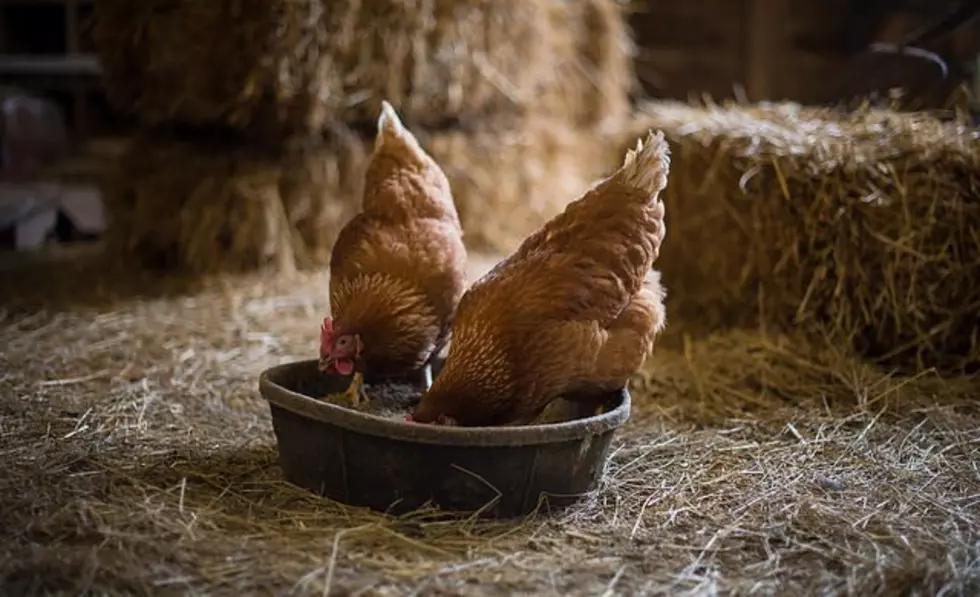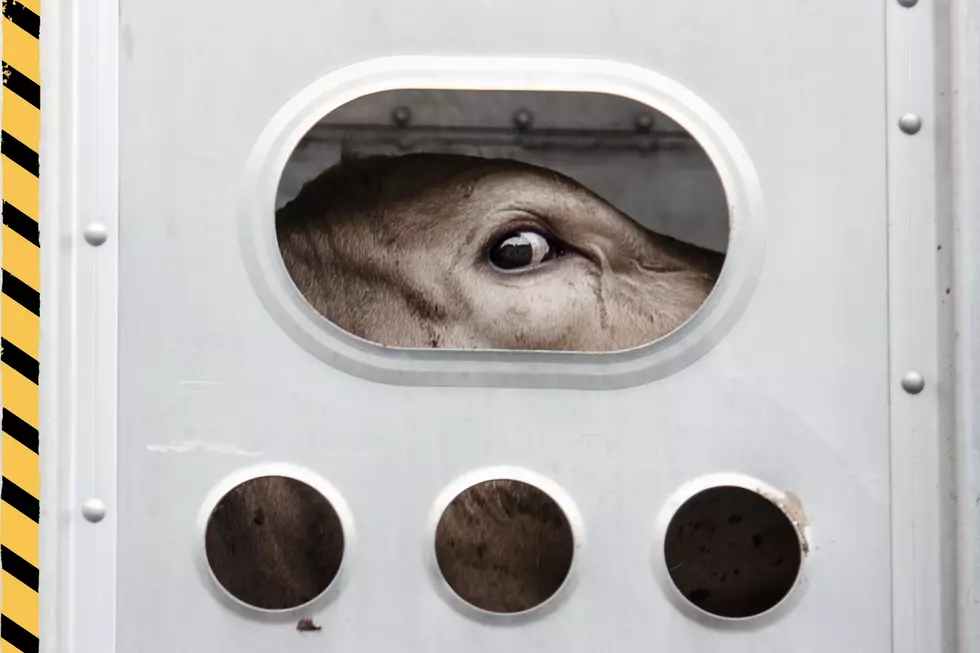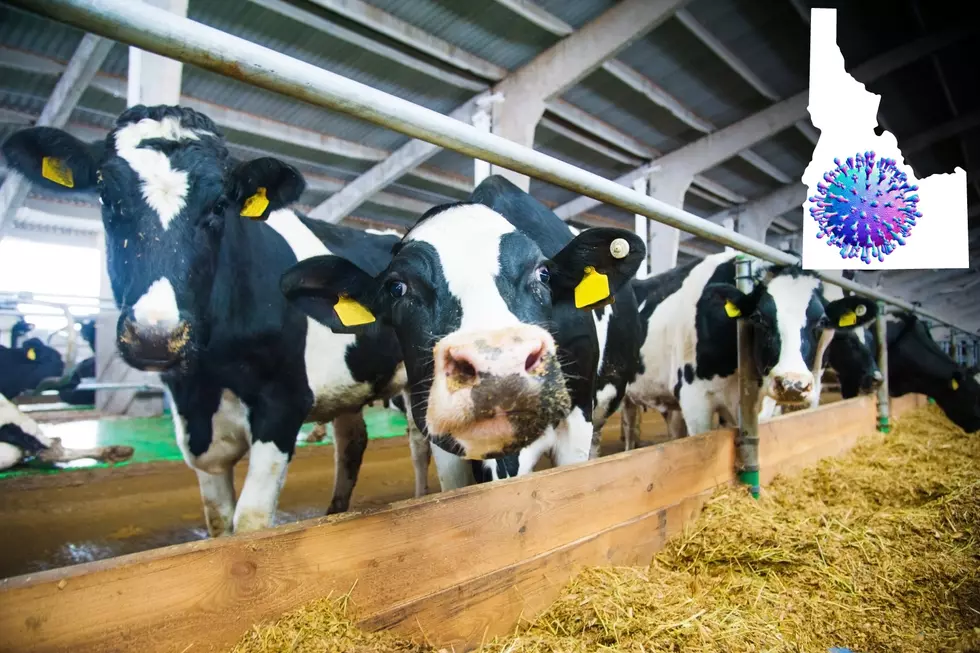
Kitttitas County Washington Reports Bird Flu
OLYMPIA, WA – In the thick of the fall wild bird migration, Washington state veterinarians confirmed the state’s 17th county, and 44th flock infected with highly pathogenic avian influenza (HPAI).
A Kittitas County flock owner reported the sudden death of multiple birds in their small domestic flock of mixed birds. The WSDA avian health team responded and test results came back positive for the virus.
In an effort to mitigate cases, Washington State Department of Agriculture (WSDA) is reminding flock owners of the domestic sick bird online reporting tool. The online tool complements the existing WSDA sick bird reporting hotline as well as the Washington Department of Fish and Wildlife’s online reporting tool for wild birds.
Washington State Veterinarian Dr. Amber Itle says bird owners should continue taking extra biosecurity measures.
WDFW has been reporting increased numbers of migrating waterfowl and birds of prey with HPAI. There also been a diagnosed flock in Oregon recently, and a backyard flock in Idaho.
“It is important to remember that migrating waterfowl that harbor influenza viruses often do not look or get sick. However, when those viruses spillover into domestic poultry, they can be deadly. With fall migration ramping up, we expect to see an increase in sporadic detections across the state. This risk will persist for many months as some impacted waterfowl species overwinter in our state.”
Enhanced biosecurity can protect flocks and preserve a farm from diseases, like HPAI. Flock owners are encouraged to take measures such as proper cleaning and disinfection and covering coops to protect them from waterfowl introductions of the virus.
State veterinarians say the biggest risk factor to date is contact with wild waterfowl. Since May 5, 2022, when the WSDA announced the first Washington case, all infected flocks had contact with wild waterfowl.
“The most common risk factor for infection is proximity to water sources or ponds where wild waterfowl congregate; increasing environmental viral load and risk of transmission to domestic flocks,” Dr. Itle added.
The Washington Department of Fish and Wildlife continues to report increasing numbers of cases in wild birds and detections most recently in seals. While the risk of avian influenza is always present from interactions with wild waterfowl in the Pacific flyway, fall migration in the next several weeks may present an additional challenge.
WSDA resources for flock owners to learn about bird flu and protect their flocks include a bird flu webpage, an interactive map, and a Facebook group.
If your flock experiences sudden death or illness of multiple birds, use the online reporting tool or call WSDA’s Sick Bird Hotline at 1-800-606-3056.
Source: Washington State Department of Agriculture
Yakima Humane Society's 'Woof Or Treat' 2023
Gallery Credit: tsm/Timmy!
More From PNW Ag Network









